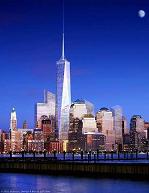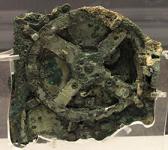 Researchers at Sydney's Garvan Institute say they are concerned some people could be exposing themselves to toxic levels of Chromium-6, made famous in the Hollywood movie Erin Brockovich.
Researchers at Sydney's Garvan Institute say they are concerned some people could be exposing themselves to toxic levels of Chromium-6, made famous in the Hollywood movie Erin Brockovich. The naturally-occurring Chromium-3, a supposedly harmless substance found in small quantities in beer and other yeast products is often taken as a nutritional supplement by diabetics, to improve insulin action, and in much larger quantities by body builders to help lose weight.
A research team led by Lindsay Wu was the first to observe that Chromium-3 transforms into cancer-causing Chromium-6 in human fat cells. The substance was at the centre of a movie based on the real story of a community made sick by water contaminated by Chromium-6. Most humans will consume about 25 micrograms of Chromium-3 a day - a tiny but vital amount - but body-builders will take up to 400 micrograms.
Most would have started taken the supplements in the early 1990s, but any cancer would take 20 to 30 years to develop, Mr Wu said. Professor Chris Winder, a toxicology expert at the University of NSW, said it was possible that Chromium-3 could reduce to Chromium-6 in the body but the process would be slow and therefore unlikely to be hazardous in people. It would also need to be in large quantities.




